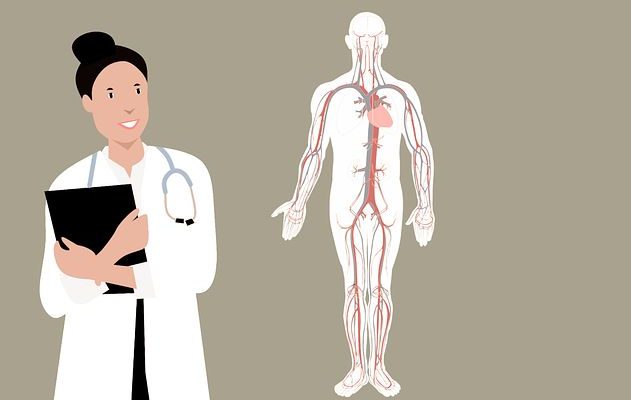What Theo Taught Me About Dyslexia

“Theo’s Gift”
Back in the day, I was a huge fan of the Cosby Show and the life lessons that it taught to kids and adults alike. One of my favorite episodes was entitled “Theo’s Gift.” Before I discuss why I loved this episode so much, let me talk a little about Theo’s character. When we first start the show, Theo is in middle school and comes across as a sweet kid. As far as school goes, he struggles at times, and his parents frequently “ground him” for doing poorly in school.
Flash forward to season 6, episode 5, and Theo is college. He studies hard for an upcoming exam and even recruits his girlfriend and dad to help him study. He knows the material, and his dad has no doubt that he will ace the exam. However, when he receives his exam score, he is shocked to find out that he failed. When he tells his parents, they are equally shocked, as his dad notes that he missed questions that he recalled easily during their study sessions.
Theo and his parents end up seeking the help of a learning specialist, and during their meeting, the learning specialist suggests that Theo should be tested for dyslexia. Dyslexia is a reading disorder in which a learner has difficulty recognizing letters and learning letter sounds, despite normal intelligence. When Theo is tested, they find out that he does have Dyslexia and the learning specialist teaches him strategies that will help him succeed academically.
The fallout of this revelation is both cathartic and hilarious, as everyone is happy that Theo finally can maximize his academic potential now that he knows he has Dyslexia and understands how to manage it. However, his sister Vanessa throws salt in old wounds by bringing up all of the times in which Theo was punished because of his poor grades, even though he always tried his best. All is well that ends well though, and the episode ends with Theo headed in the right direction.
What parents and educators should know about dyslexia
Earlier in this article, I briefly gave you a one-sentence definition of dyslexia, but I feel that a more thorough discussion of the disorder is needed. Dyslexia is a disorder that decreases the processing of graphic symbols, especially those related to language. Children who have dyslexia may experience late language development and have problems learning how to write and spell when they enter formal schooling. Symptoms include poor literacy skills, reversed letter and word sequences, and poor handwriting.
The good news is that if the student is diagnosed with dyslexia early enough, more than likely they will learn to read. Below you will find some early warning signs that may signal that a child could possibly be dyslexic. To verify that they are indeed dyslexic, they should be tested by a certified psychometrist.
- May begin talking later than most children
- May have trouble pronouncing words, i.e.,
busgetti for spaghetti, mawn lower for lawn mower - May take longer to learn new vocabulary words
- May be unable to use the right word
- May have trouble with rhyming
- May have difficulties learning the alphabet, numbers, days of the week, colors, shapes, how to spell or how to write their name
- May have issues intermingling with peers
- May have difficulties following multi-step directions or routines
- Fine motor skills may develop more slowly when compared to other children
- May have trouble telling and/or retelling a story in the correct order
- Often have problems separating sounds in words and blending sounds to make words
Conclusion
As parents, we are human just like everyone else, which means we also make mistakes, like everyone else. When it comes to our children, we will do anything to ensure that they have access to the best education possible. This also means, that when our child experiences academic difficulties, we can can’t write it off as a lack of effort. We must be able to recognize the signs of possible learning disabilities or disorders and have them tested by professionals to find out if they are.
As we see in the case of Theo’s parents, an accomplished doctor and lawyer, even they did not recognize the signs during his PreK-12 years. Since they both were accomplished professionals who never experienced learning difficulties, they never fathomed that Theo’s learning difficulties could be caused by a learning disability. Instead, they punished him in the hopes that he would try harder. Luckily, they figured it out before it was too late. All is well that ends well.





